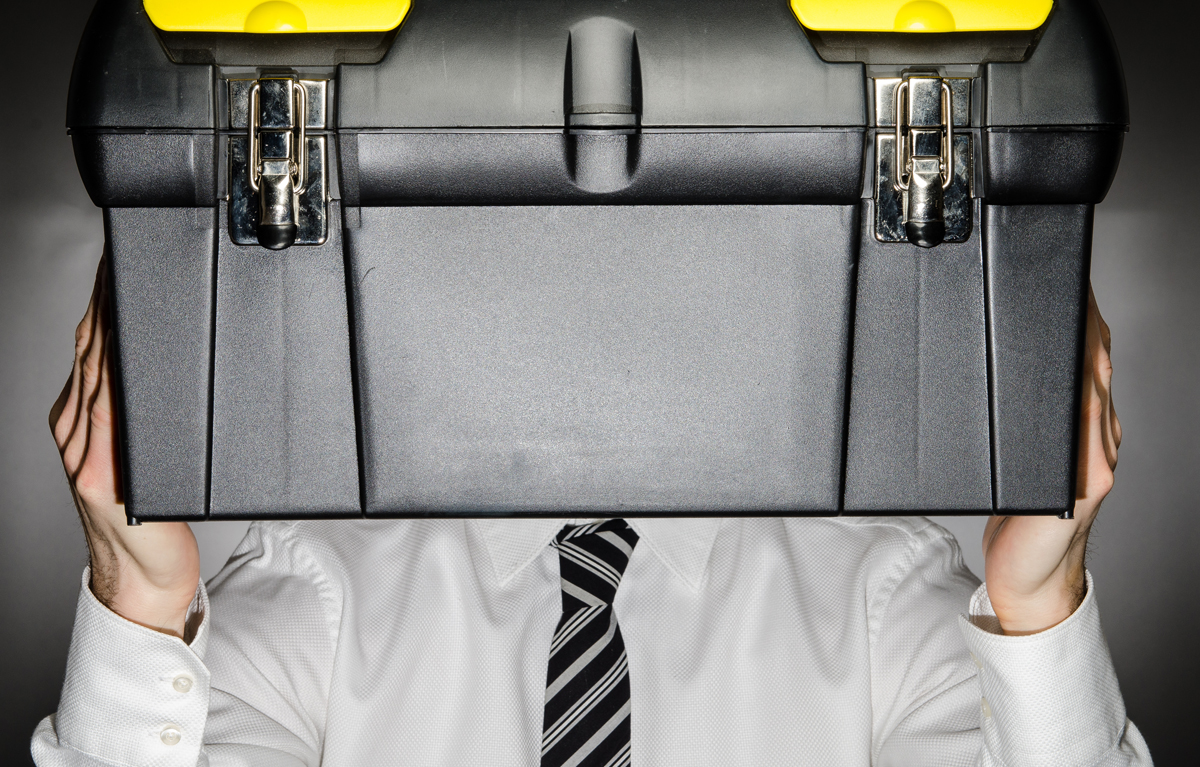Do you struggle to relax at the end of the day if you didn’t cross off everything on your to-do list? Don’t worry; you’re not alone.
Rest is a simple thing, yet many people struggle to incorporate it into their daily lives. You might feel like you have to earn rest and relaxation, thinking, “I will sit down to read my book after the entire house is spotless.” or, “I’ll play a board game with my family after all these files are organized.”
Of course, you want to stay on top of your work to reach professional goals, but it’s equally important to have a healthy work-life balance. Overworking for extended periods can lead to burnout, which only hinders your productivity in the long run.
Signs of Burnout
Overworking yourself may produce more desirable results but only for a short time. Eventually our bodies start to run down mentally and physically. If you struggle with any of these signs, you may be wearing yourself too thin:
- Fatigue
- Irritability
- Trouble focusing
- Feeling out of control
Keeping an unhealthy momentum is not a sustainable lifestyle for a successful career or fulfilling life.
Keeping an unhealthy momentum is not a sustainable lifestyle for a successful career or fulfilling life. That might go against a lot of what is ingrained from modern American work culture. But research shows that resting is crucial!
Why Rest Is Important
How do we create a healthy balance between work and rest? It starts with understanding why rest is equally as valuable as work.
Rest is vital for our health and well-being. You wouldn’t skip sleeping for several nights in a row, would you? Here are the top benefits of taking a break:
- Increases energy
- Prevents burnout
- Boosts productivity
- Improves focus
- Revitalizes creativity
Reducing burnout in the workplace can actually increase production.
Research suggests that taking short breaks in between long stints of work is beneficial not only for productivity, but also for your mental and physical health as well. Implementing rest into your workday can help prevent burnout, give you more energy, and refocus your attention.
Types of Rest
Rest doesn’t necessarily mean laying down or sleeping, although it’s proven that naps anywhere from 30 to 90 minutes can significantly change your energy levels! The term power nap isn’t just an excuse to get some shut-eye!
There are eight different types of rest to explore:
- Physical
- Mental
- Emotional
- Social
- Sensory
- Creative
- Spiritual
- Reframing
You may need more than one type of rest to recharge mentally and physically.
How to Balance Work and Life
You’ve been working hard to build a life that you want. Don’t you want to take the time to enjoy it? If your cup is dry, how are you able to fill others’ cups?
The first step to improving your work-life balance is accepting that it’s OK and healthy for you to take a break. It’s OK to do activities that aren’t seen as “productive.”
At work, you give and give, helping clients, comparing the details of plans and benefits, answering questions, submitting applications, and more, but is there anyone or anything giving that energy back to you?
Here are some strategies for maintaining a healthy work-life balance. Asking a friend or partner to help keep you accountable might be a good idea as well.
Set Time Boundaries
As an insurance agent, your schedule is not always the same. It gets busy around AEP and OEP. During this time, you may need to extend your working hours and be ready to answer clients’ calls and emails outside of office hours.
Throughout your off-season, having a steady routine with plenty of rest can help you prepare for and recover from those hectic enrollment periods. But don’t forget to remember self-care in the workplace.
Even taking tiny breaks for self-care at work during a busy time can help you remain energized enough to work those longer hours.
During your off-season, having a steady routine with plenty of rest can help you prepare for and recover from busy enrollment periods.
One way to put this into action is by using the Pomodoro® Technique. There are many apps and websites you can use to help you keep time. The method is simple: work for 25 minutes, then take a five-minute break.
Every four pomodoro sessions, take a 15-minute break. These five- to 15-minute breaks can easily be implemented into your daily routine without disrupting your workflow.
Set Physical Boundaries
Use your designated workspace for working — that’s it. It can be helpful to have separate spaces for work and rest. That way, when you’re at your desk, your brain knows it’s go-time, and when you leave the desk, your brain knows it can switch off work mode.
More people working remotely or on a hybrid schedule can further blur the lines between personal time and work. In this case, it’s especially important to create those boundaries.
Take an actual lunch break and leave your desk. It may be tempting to eat and work at your desk during your lunch break to catch up on work, but not carving out time for yourself isn’t going to help productivity in the long run.
Have your lunch break in the cafeteria at the office, with your family, or outside if you can. Getting away from a computer screen and getting some sunshine will do wonders! This also allows you to socialize with coworkers or get some quiet time if needed.
It can be helpful to have separate spaces for work and rest.
Do Things You Love
Don’t forget to fill your cup back up by doing what you enjoy. While you could use your breaks to mentally check out and scroll through social media, consider connecting with an activity more in the moment that will really sustain you.
What that looks like will be different for everyone. Maybe that’s talking to a coworker, going to get a drink, or even just taking a stroll around the office or your house.
Beyond these short breaks, it’s vital to build quality rest into your schedule. Set aside time daily or even weekly to do activities that recharge you. Plan ahead and honor that commitment to yourself.
For example, spend time playing catch with your kids, meet a friend for brunch, or paint a bird house for your backyard.
Be sure these activities supply you with one or more of the seven types of rest mentioned above.
Remember your priorities: work is not the only important thing in life. A lot of us work to help others and provide for our families. If you’re able, take the time off to take your partner on a date, have a board game night with the kids, or seize a day off to go hiking with friends and family.
Make time to make memories and to let your mind and body rest. You can then return to work energized and ready to go!
Work and Personal Life Balance Is Possible
If you take more time to relax and rejuvenate your energy, it will ultimately save you time and energy in the long run. As an insurance agent your work is valuable. You help a lot of people get the care they need, so make sure you take care of yourself.
Here at Ritter, we know the importance of creating a work-life balance. We always say work smarter, not harder, and we want to help our agents work smarter, not harder, too! Ritter has many tools and resources to help make your job easier, which you can access by registering with us!







Not affiliated with or endorsed by Medicare or any government agency.
Share Post